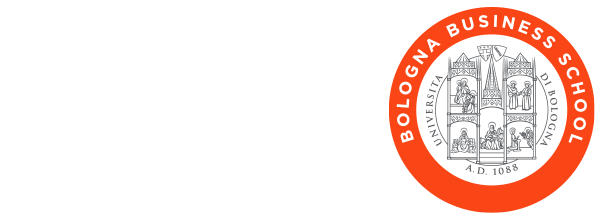Sonia
Massari

Academic Director Future Food Academy
Sonia Massari è la direttrice accademica della Future Food Academy. La dott.ssa Sonia Massari ha più di 20 anni di esperienza come educatrice, ricercatrice, consulente e designer nel campo del design dell’interazione uomo-cibo, dell’educazione alla sostenibilità, del design thinking e dei metodi creativi per sistemi agroalimentari innovativi. Attualmente è assegnista di ricerca presso il Dipartimento di Agricoltura, Alimentazione e Ambiente (PAGE) dell’Università di Pisa; consulente senior presso la Fondazione Barilla e co-fondatrice della FORK Food Design Organization, un’organizzazione internazionale no-profit dedicata al food+design. Docente presso la Scuola di Design dell’ISIA – corso di laurea: “Design per scenari sostenibili” – ha insegnato per 5 anni all’Università Roma Tre – corso di laurea “Sustainability Design Thinking” (dal 2017 al 2022). Inoltre, è faculty member e visiting professor in diverse università europee (New School, RBS, BBS, ESTHE, University of Illinois Urbana Champaign; UMASS Amherst, per citarne alcune). Ha conseguito il dottorato di ricerca in Food Experience Design presso il Dipartimento di Ingegneria dell’Università di Firenze ed è autrice di oltre 50 pubblicazioni su riviste scientifiche, rapporti, libri e articoli su riviste. Il titolo del suo ultimo libro è: “Trans-disciplinary Case Studies on Design for Food and Sustainability” (2021, Elsevier). È vicepresidente dell’ASFS (Association for the Study of Food and Society) e fa parte del comitato editoriale dell’International Journal on Food Design.
CORSI
Essere in grado di “connettere i punti” per progettare e innovare processi, sistemi e prodotti alimentari: è questa la sfida. Come possiamo sfruttare la creatività e la tecnologia per affrontare le attuali sfide dell’agribusiness? In che modo possiamo generare innovazione culturale e sociale attraverso il design? Questo modulo introduce il metodo del Design applicato al mondo del cibo e dell’agricoltura, dove il designer è sempre più coinvolto nella riprogettazione della catena del valore dei sistemi alimentari. Il modulo analizza casi di studio transdisciplinari di successo sul cibo e sul design, utilizzando l’Empathy-Systems Thinking Mindset e il relativo toolkit per il Settore Alimentare. Il corso approfondisce la produzione alimentare sostenibile e la valorizzazione dei rifiuti. I partecipanti scopriranno strategie per ridurre lo spreco alimentare, ottimizzare l’utilizzo delle risorse e promuovere pratiche ecologiche nell’industria alimentare. Il corso sottolinea il valore dell’utilizzo di sottoprodotti alimentari e flussi di scarto per stabilire un modello di economia circolare.
Food Innovation and Regeneration